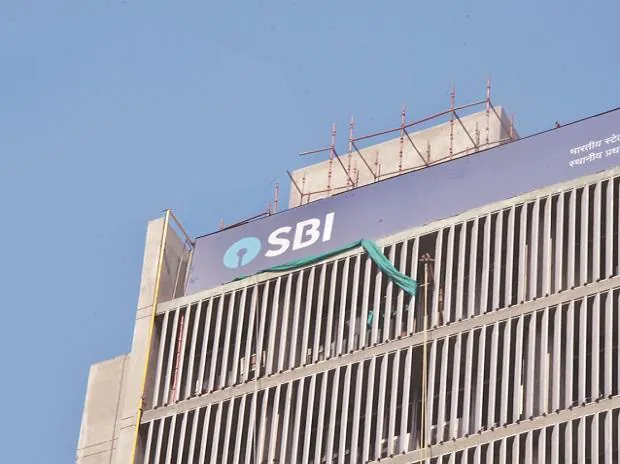[ad_1]
The country’s largest lender State Bank of India is likely to raise Rs 4,000 crore through the issuance of tier-2 bonds next week in order to augment capital amid firm credit growth, sources told Business Standard.
The public sector bank had sold additional tier-1 bonds worth Rs 6,872 crore on September 7 at a cutoff rate of 7.75 per cent, the lowest for any bank so far in the current financial year.
In late July, SBI’s board had approved plans to raise up to Rs 11,000 crore via additional tier-I and tier II bonds to meet regulatory requirements and support business growth.
Over the past couple of months, banks have embarked on a spree of AT-1 bond issuances to raise capital and finance strong demand for loans.
With several factors such as lower supply, a fall in sovereign bond yields and interest from insurance companies leading to firm demand for AT-1 bonds, the cutoff rates on these instruments has fallen sharply. This has made bank access to debt capital markets cheaper.
On Wednesday, Canara Bank raised Rs 2,000 crore worth of AT-1 bonds at a rate of 7.99 per cent, taking its total issuance of such bonds so far in the year to Rs 4,000 crore.
Accounting for Canara Bank’s sale, banks have raised a total of Rs 20,736 crore worth of AT-1 bonds so far in the current financial year. Banks had sold Rs 42,800 crore worth of AT-1 bonds in the previous financial year.
Sources said that Punjab National Bank would also be returning to the debt capital market via the AT-1 route, with an issuance of Rs 1,000 crore scheduled on September 19, including a greenshoe option of Rs 500 crore. PNB had last sold AT-1 bonds on July 4 and raised Rs 2,000 crore at a cutoff of 8.75 per cent.
SBI’s tier-2 bonds, which may be of 10-year maturity with a call option after five years, are likely to see firm demand from large institutional investors such as the Employees’ Provident Fund Organization.
“EPFO is not keen on tier-1 so it can almost be guaranteed that they will take SBI’s tier-2 bond,” a source said.
“The cutoff should be aggressive, it could be around 7.25-7.30 per cent. The normal differentials of spreads are now not really there anymore. Three year corporate bonds are at around 7.20% and the 5-year PSU bond is also at 7.20-7.25%. In the 10-year segment, PFC came at 7.42%. It’s a flat curve,” he said. END
[ad_2]
Source link



